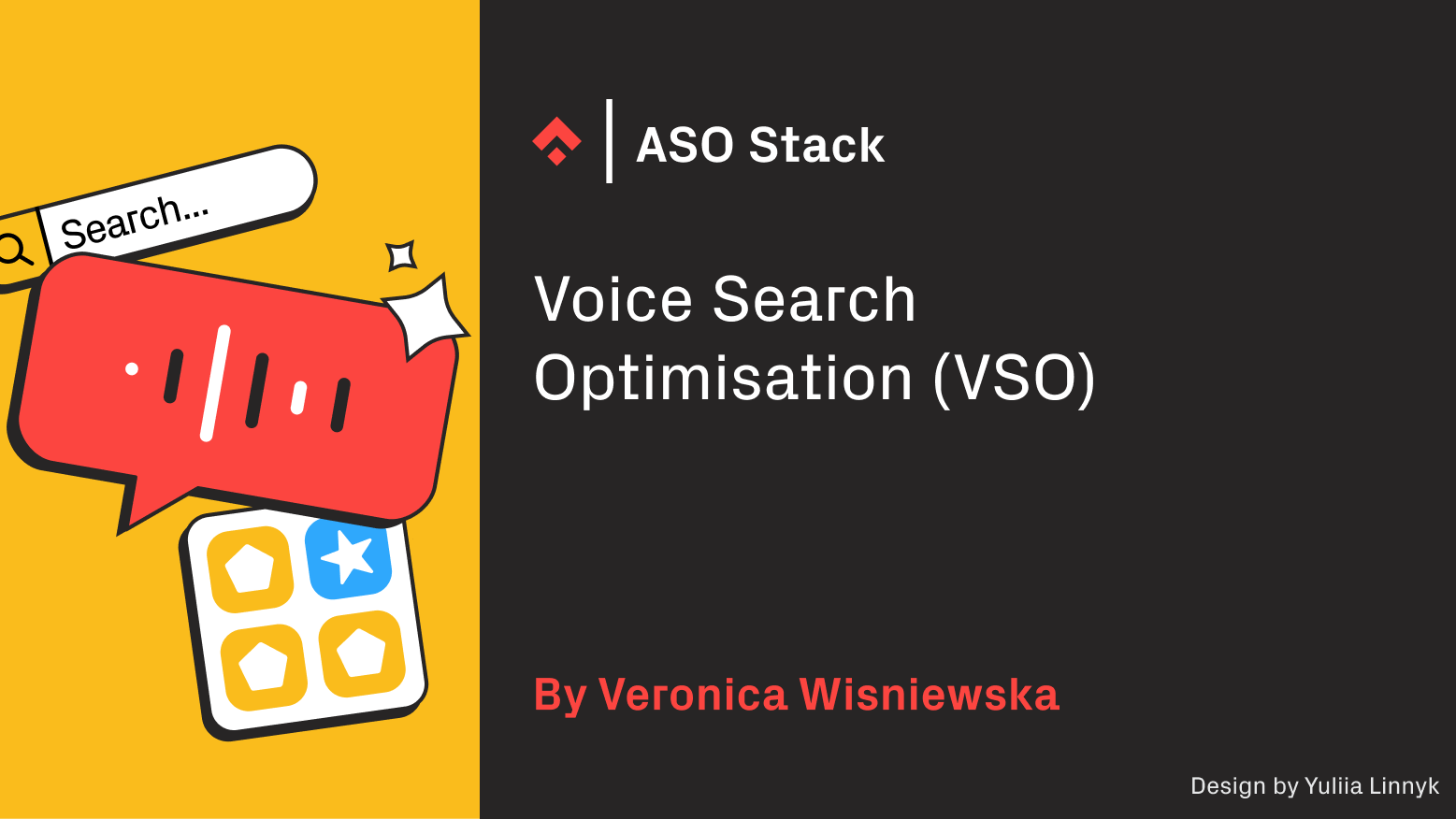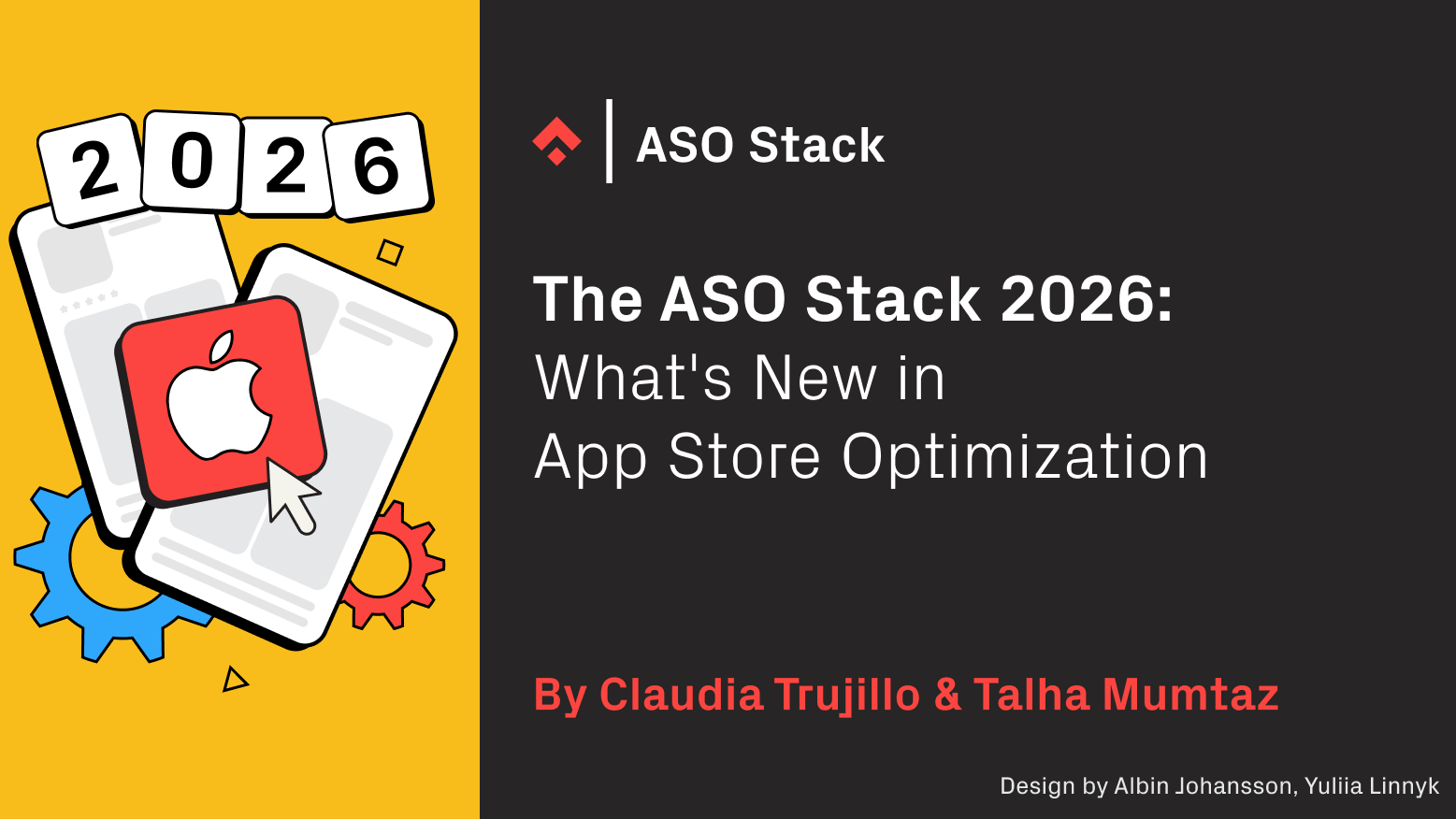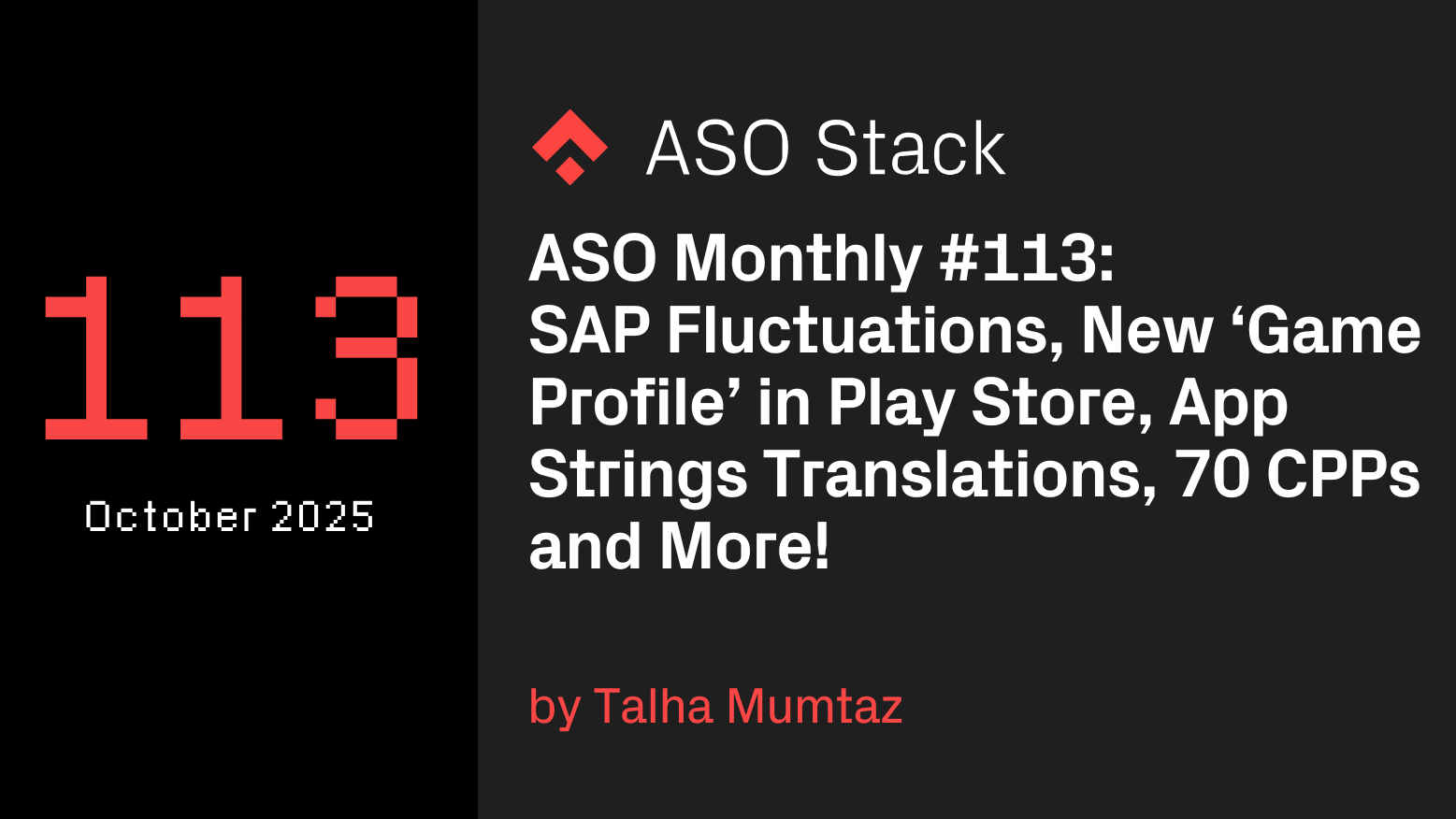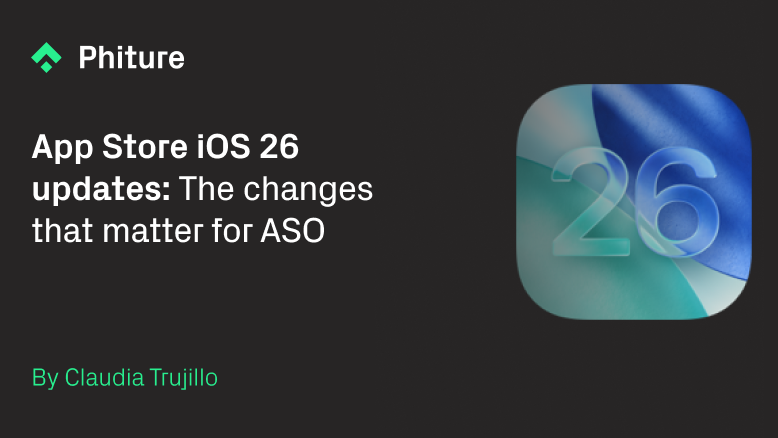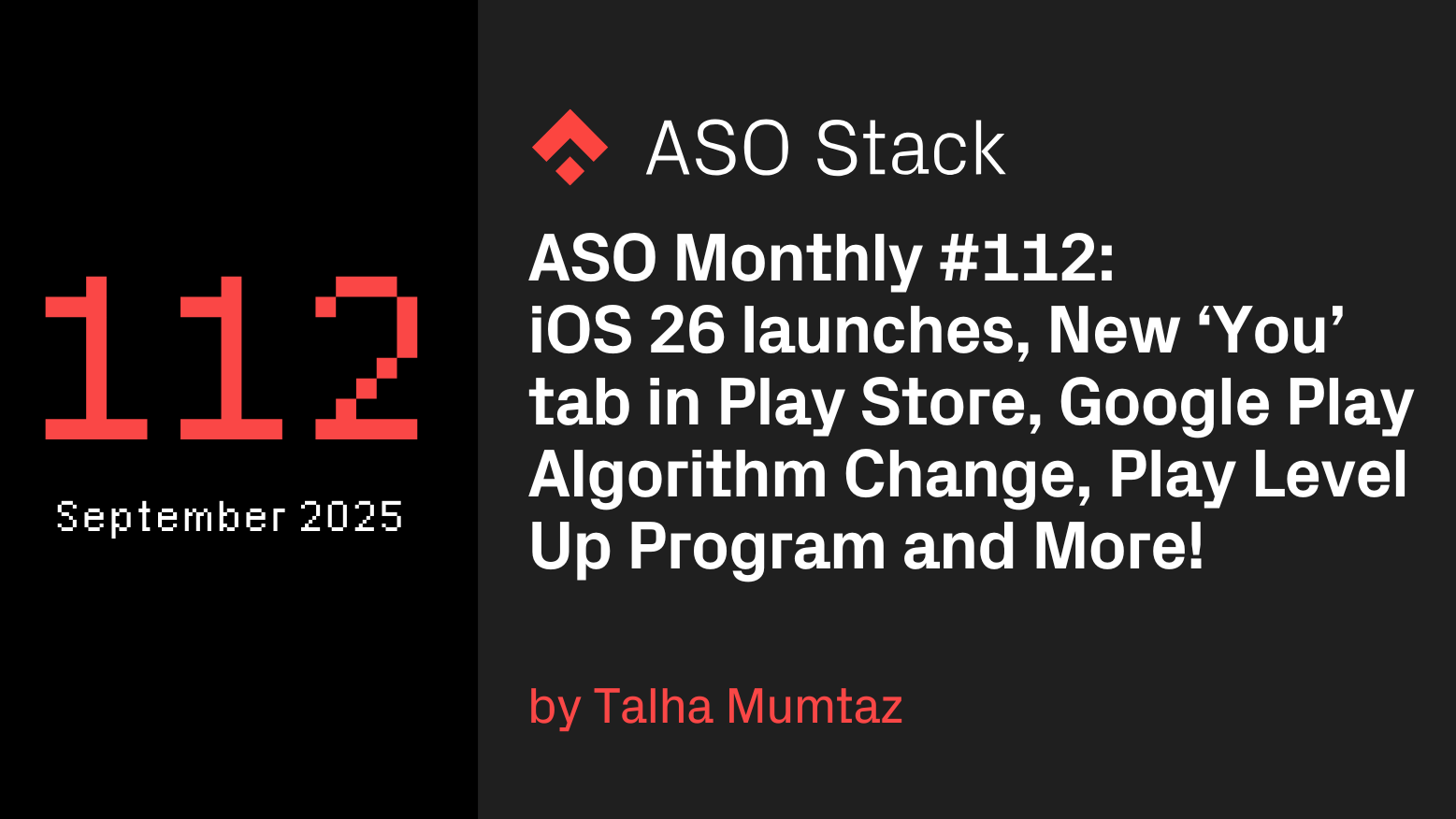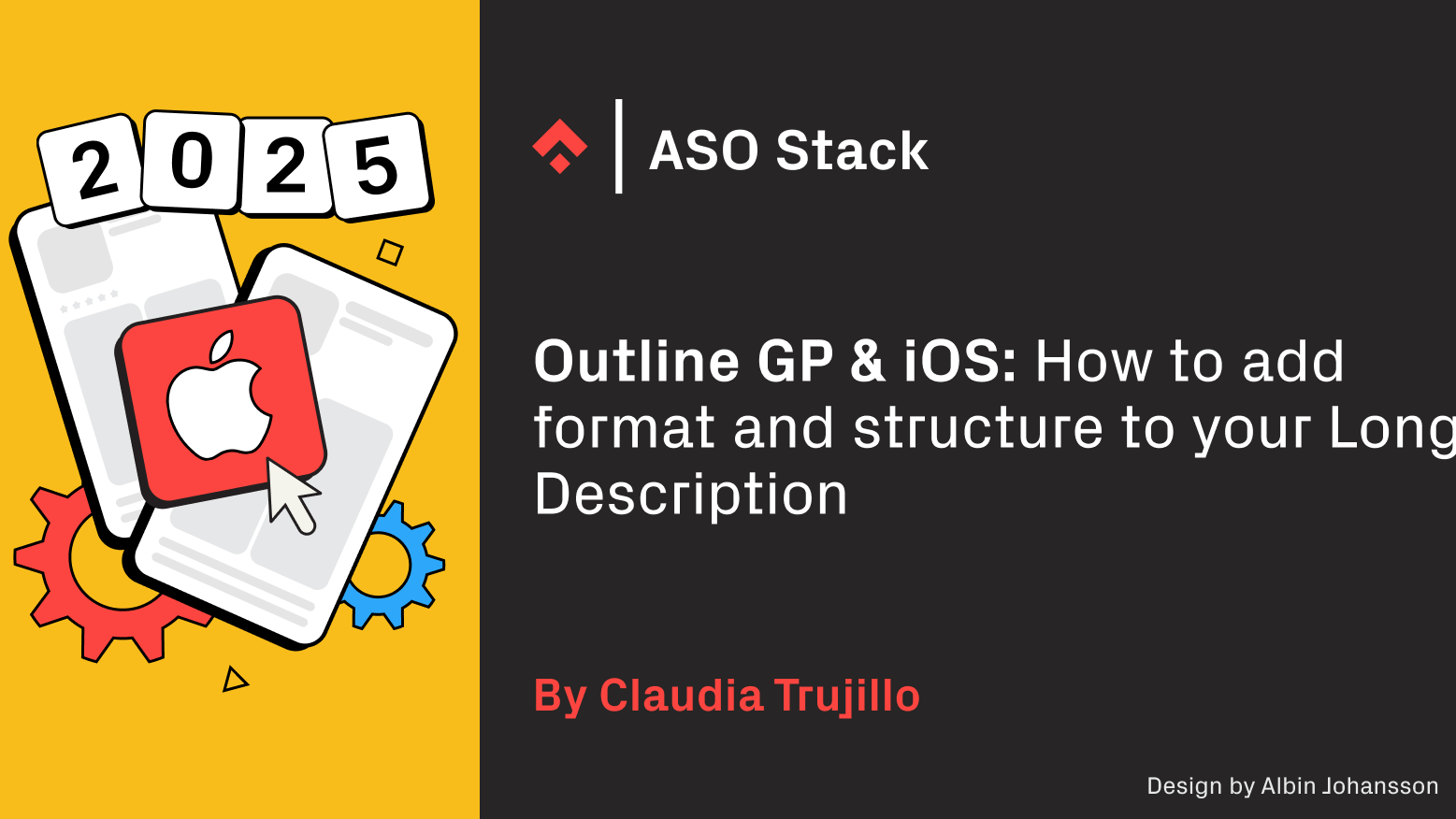
What does reading something in your mother language mean to you? Does it change the way you relate to the content? Perhaps it feels comforting, familiar, or even nostalgic? For most, reading in their mother tongue goes beyond merely understanding the intended message. Native, well-localized content can be the difference between winning your audience over or alienating them entirely.
This International Mother Language Day, we dug deep into how language and localization play an important role in how content converts. We’re lucky to have a team of Phiturians from all around the world, and we spoke to a few to gain their insights on how their mother languages influence their user behavior.

Géraldine de Carné-Carnavalet – French
What’s your favorite saying/expression in your mother tongue(s)?
Faut pas pousser mémé dans les orties – don’t push grandma in the nettles.
It basically means “don’t exaggerate.”
Do you believe that advertising written in your mother language has a greater effect on you?
I think it really depends on the advertisement. However, I have to say that English often sounds better, but I’d be more willing to read it all if it’s in my mother tongue.
What’s one piece of advice you would give to brands looking to localize content in your mother language/for your country of origin?
I think the most important thing is to hire someone that’s French. There are a lot of plays on words and references that non-native speakers don’t know. Their French might be good, but culture-wise, it won’t be as catchy as it could be.

Sergio Martínez – Spanish
What’s your favorite saying/expression in your mother tongue(s)?
I think I would choose “liarla parda”, which is used when someone creates chaos or when they are going to get in trouble because of something they did, or “tronco or tronca” (literally “log”), which is the Madridilian equivalent of “dude”. ¿Qué pasa, tronco? – what’s up, dude?
Do you believe that advertising written in your mother language has a greater effect on you?
Absolutely! But only if it’s well-localized. For example, if Spanish from Spain is confused with one of the many Latin American variants, it just feels strange. That of course impacts the decision to purchase.
Why do you think localization is important?
It makes customers feel closer to the product, even if it’s imported.
In Spain, Pokémon games are not only translated but also localized. They often include very typical Spanish expressions, which really makes the difference and keeps players reading those sometimes very long chunks of text.

Edo Heijnen – Dutch/Limburgish
What is your mother language(s)?
I have two mother languages: Dutch and Limburgish. Limburgish is a regional language spoken in the Dutch province of Limburg (and Belgian province of Limburg). It fascinates me that the dialect spoken in the north of the province is very different from the south and varies widely from city to city. Back in the day, people even used Standard Dutch as a lingua franca between villages (e.g. my grandmother came from the south, my grandfather from the north, and they communicated in Standard Dutch). It’s also noteworthy how the dialect’s specific nuances seem to disappear as time passes — for instance, I sometimes need to ask for a translation for certain words my grandmother uses.
What’s your favorite saying/expression in your mother tongue(s)?
Dae kièk mich an wie eine boetsauto – he looked at me like a bumper car.
Meaning: he looked at me with a surprised/incredulous expression. I just love it, as it sounds extremely stupid but it’s a very valid expression.
Do you believe that advertising written in your mother language has a greater effect on you?
Yes, for me personally, advertising campaigns both in Dutch and Limburgish (for local brands) do impact strongly. This especially holds if they embark on a strong human truth/local insight. I am personally a sucker for cheesy ads!
Applying local insights — both in language as well as culture — definitely drives a much stronger appeal emotionally, and thus creates more affinity.
Why do you think localization is important?
Localization is key to drive proper affinity with “local users/consumers” — not just to get the message across, but to touch upon the underlying insights that are not directly translatable and offer certain nuances that can make or break a conversion.
What’s one piece of advice you would give to brands looking to localize content in your mother language/for your country of origin?
Speak in depth with the actual users/consumers of your product — especially for foreign brands. You will find insights and human truths that would typically remain uncovered, while they’re invaluable from an advertising/branding/storytelling perspective.

Nadja Nickl – German
What’s your favorite saying/expression in your mother tongue(s)?
Wie man in den Wald reinruft so schallt es hinaus – what goes around comes around.
Do you believe that advertising written in your mother language has a greater effect on you?
Yes, definitely. Marketing is all about interjections (Zwischentoene), double meanings (Doppeldeutungen), and tonality. You can only grasp these if you grew up bilingual or speak the foreign language perfectly. My brain now automatically blocks out advertising in foreign languages. I hardly notice German advertising at all, but the really funny or catchy messages reach me. Often they are just stupid phrases that get stuck like an earworm.
Why do you think localization is important?
Because people can grasp it, even in passing, reading quickly, or by hardly listening. At best, people talk about advertising and discuss it. They laugh at funny slogans or are emotionally touched, or they recommend campaigns to others. For me, it also often triggers unconscious thought, and I only remember it again when I need it. BSR and SIXT always have great slogans to never miss!
Raphaël Peltier – French
What’s your favorite saying/expression in your mother tongue(s)?
Se noyer dans un verre d’eau – drowning in a glass of water. Used when someone is exaggerating a problem.
What does reading something in your mother language mean to you?
It feels nostalgic when I read something in French when I’m abroad. If I’m home, it doesn’t have the same ring to it.
Why do you think localization is important?
It feels quite important for French, given the importance of culture as well as the lack of other languages spoken in the country.
What’s one piece of advice you would give to brands looking to localize content in your mother language/for your country of origin?
Hire someone who understands the culture, while being aware of the current atmosphere and news.

Tessa Miskell – New Zealand English
What’s your favorite saying/expression in your mother tongue(s)?
No worries, mate!
What does reading something in your mother language mean to you?
I only speak English fluently, so I’ve never really reflected on how it must feel to switch between English and your mother language. I know when I read or speak German and then can switch back to English, I mostly just feel great relief. In saying that though, when I do recognize something is written in New Zealand English or in Te Reo Māori (New Zealand’s native language), it makes me really feel at home and familiar.
Do you believe that advertising written in your mother language has a greater effect on you?
Definitely! I think it makes me trust in the brand more. The language used by everyone in New Zealand is very, very casual. So especially when I see an international brand having localized to New Zealand (and even sometimes to Māori!) it has a much greater effect on me.
Why do you think localization is important?
Localization from American English to other types of English I think is important. I know that if something were advertised to me in New Zealand but had very American-type language and American spelling, it wouldn’t resonate with me at all and would feel sloppy. Same goes for localizing imagery in marketing/advertising. For example, at Christmas time we’re often shown imagery and copy about winter and snow etc., but actually, that’s our middle of summer.
What’s one piece of advice you would give to brands looking to localize content in your mother language/for your country of origin?
I would say it would make sense to at least consult someone from New Zealand to see if the language sounds natural. It’s hard to learn that if you haven’t lived it, I think. There is a massive push in New Zealand for more people to learn Te Reo Māori, so if a company localized some of their copy to some common Māori words (even just kia ora!), that would go a long way.
Also, don’t mix New Zealand and Australia up!

Dimitra Karagiannakou – Greek
What’s your favorite saying/expression in your mother tongue(s)?
Η γλώσσα κόκαλα δεν έχει, αλλά κόκαλα τσακίζει. – the tongue has no bones but bones it crushes. It means that speech can hurt someone emotionally and mentally rather than inflicting physical damage.
What does reading something in your mother language mean to you?
It certainly means clearer communication. I understand the context much better because the Greek language can be very lyrical and have many metaphors and idioms.
Why do you think localization is important?
Everything that has either been poorly localized or badly adapted to Greek usually makes me cringe and has the opposite effect on me (e.g. an ad targeting me).
What’s one piece of advice you would give to brands looking to localize content in your mother language/for your country of origin?
Don’t use Google Translate and do not translate word for word. Find a native speaker. Study material from Greece in the same sector. Depending on the age groups targeted, change the structure and the wording too!

Sameer Ginotra – Hindi
What’s your favorite saying/expression in your mother tongue(s)?
नाच न जाने आँगन टेढ़ा – a bad workman blames his tools.
What does reading in your mother language mean to you?
Honestly, it’s nostalgic. Also, embarrassingly, I am not fluent in reading in my mother language. India was a colony, and the obsession about the English language exists everywhere in the country. So my focus from the very beginning was always to be fluent in reading, writing, and speaking English.
Do you believe that advertising written in your mother language has a greater effect on you?
Yes, it does! It reminds me of my country, my people, my home town, and my childhood memories. Living outside my country for a while now has accentuated those feelings/love for my country, culture, and language.
Why do you think localization is important?
It’s next to personalization, and it feels exclusive. Imagine an ad that’s so centered around me and appeals to me on a personal level, it could actually imitate the job of a salesperson (in offering a personalized experience).

Paulo Golovattei – Brazilian Portuguese
What’s your favorite saying/expression in your mother tongue(s)?
Saudade. It means the feeling of missing something or someone. For example:
Saudade do Brasil – I miss Brazil / Saudade de você – I miss you.
What does reading something in your mother language mean to you?
Articulating and interpreting something in my mother language feels familiar like nothing else. We communicate in an informal way in Brazilian Portuguese and our sense of humor is also very particular.
Do you believe that advertising written in your mother language has a greater effect on you?
Absolutely yes. Even though we share the same language, we use different structures and expressions than European Portuguese, so it’s easy to spot when a certain piece of copy was written by a Brazilian or when it was translated by a non-native speaker. Whenever I read text that’s written in European Portuguese, I’m able to understand everything but it doesn’t sound natural and fluid.
Why do you think localization is important?
Because localized content resonates much better with the target audience, improving both the relevance of the message and the propensity to convert.
Before you go:
Breaking into new markets using personal, informed language requires a team of localization experts and linguists. Here at Phiture, we use a solid methodology of transcreation in our vast network of local linguists. Reach out to us here, and tell us more about your localization aspirations.
Table of Contents




